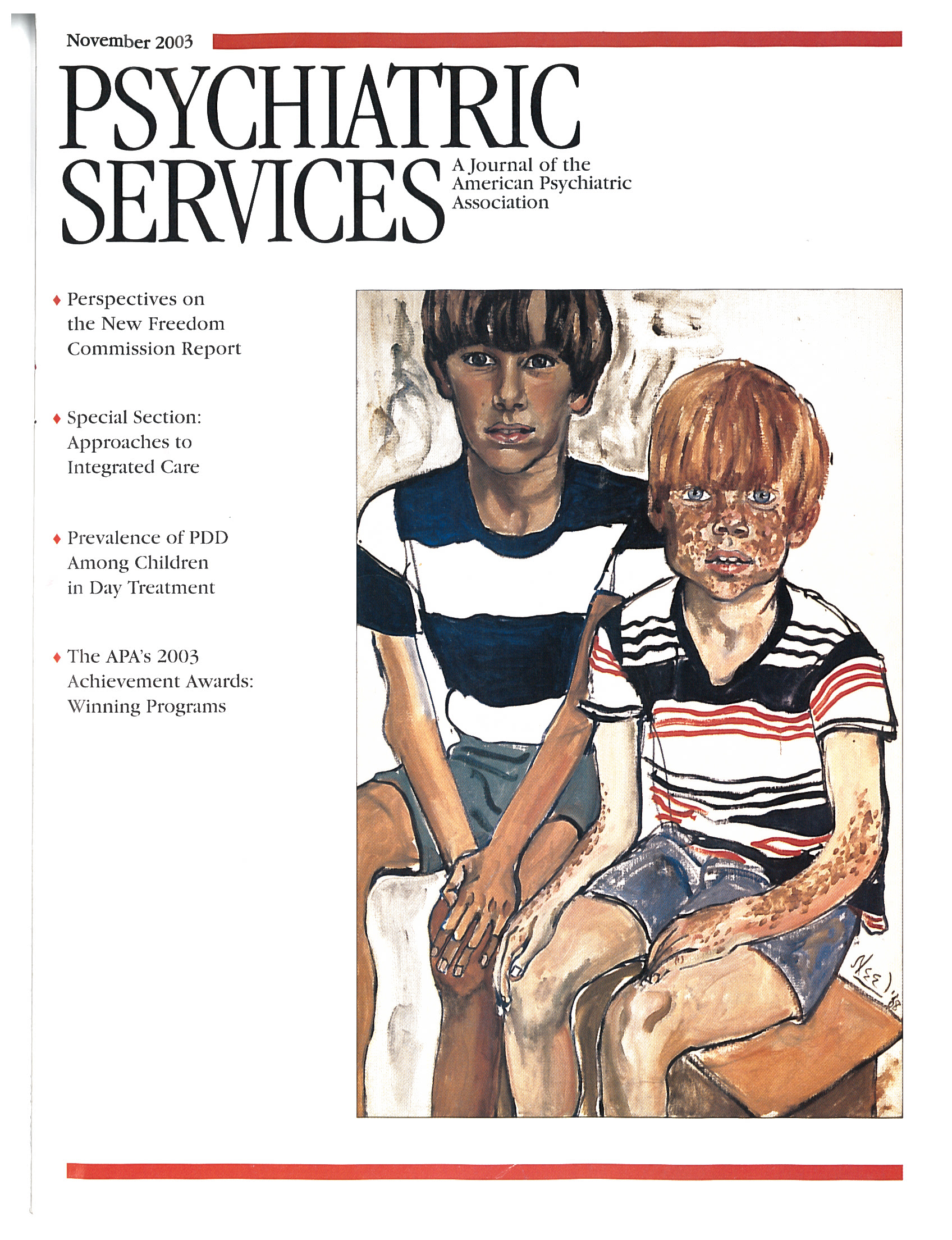First Aid to Mental Illness: A Practical Guide for Patients and Caregivers
The title of this book describes the book's purpose and content well. In First Aid to Mental Illness: A Practical Guide for Patients and Caregivers, Michael Rayel, M.D., addresses a significant need: teaching patients and caregivers how to better detect symptom exacerbation—or onset of symptoms—early, what to do about it, and what to do next to continue to support someone through an episode.
The book is divided into two sections. The first section teaches a general approach to mental illness, largely through the use of acronyms —for example, the CARE approach: checking for signs of mental illness, anticipating complications, remedying with early intervention, and educating oneself about the illness. The second section devotes a chapter each to 12 major types of disorders, such as depression, mania, psychosis, and substance abuse.
Dr. Rayel's writing is clear and easy to read. All the information presented in the book is accurate. Rayel's frequent examples make complex concepts easier to understand. His use of acronyms is creative and effective. However, it might have been better to include fewer acronyms—I found it somewhat difficult to keep the acronyms straight in my head.
In general, I thought the first section of the book was very useful. However, Dr. Rayel tries to teach a few concepts that are too complicated for this forum. For example, he attempts to teach readers how to identify cognitive distortions in the span of two pages. The second section is not as useful. Each chapter describes symptoms, possible complications, and first-aid interventions for each type of disorder. The intervention section of each chapter is basically the same generic template of techniques taught in the first section of the book, with little tweaks to individualize it to each type of disorder. Concepts that are key to particular disorders are not highlighted enough. For example, a regular sleep-wake cycle is recommended for all types of disorders but is not emphasized as being vital for persons with bipolar disorder.
Dr. Rayel teaches in an objective, step-by-step manner. I think this style works well for caregivers, who need to remain objective and practical when their loved ones are going through the exacerbation or onset of symptoms. I will recommend this book to motivated caregivers after informing them of the book's strengths and weaknesses. For patients, however, Dr. Rayel's style may give the impression of a lack of empathy and an oversimplification of an experience that turns a person's life upside down. I will therefore recommend the book only to patients who I know will appreciate its style.
Dr. Tsuzaki is chief resident, PGY-4, in the University of Hawaii Affiliated Hospitals psychiatry residency program in Honolulu.



